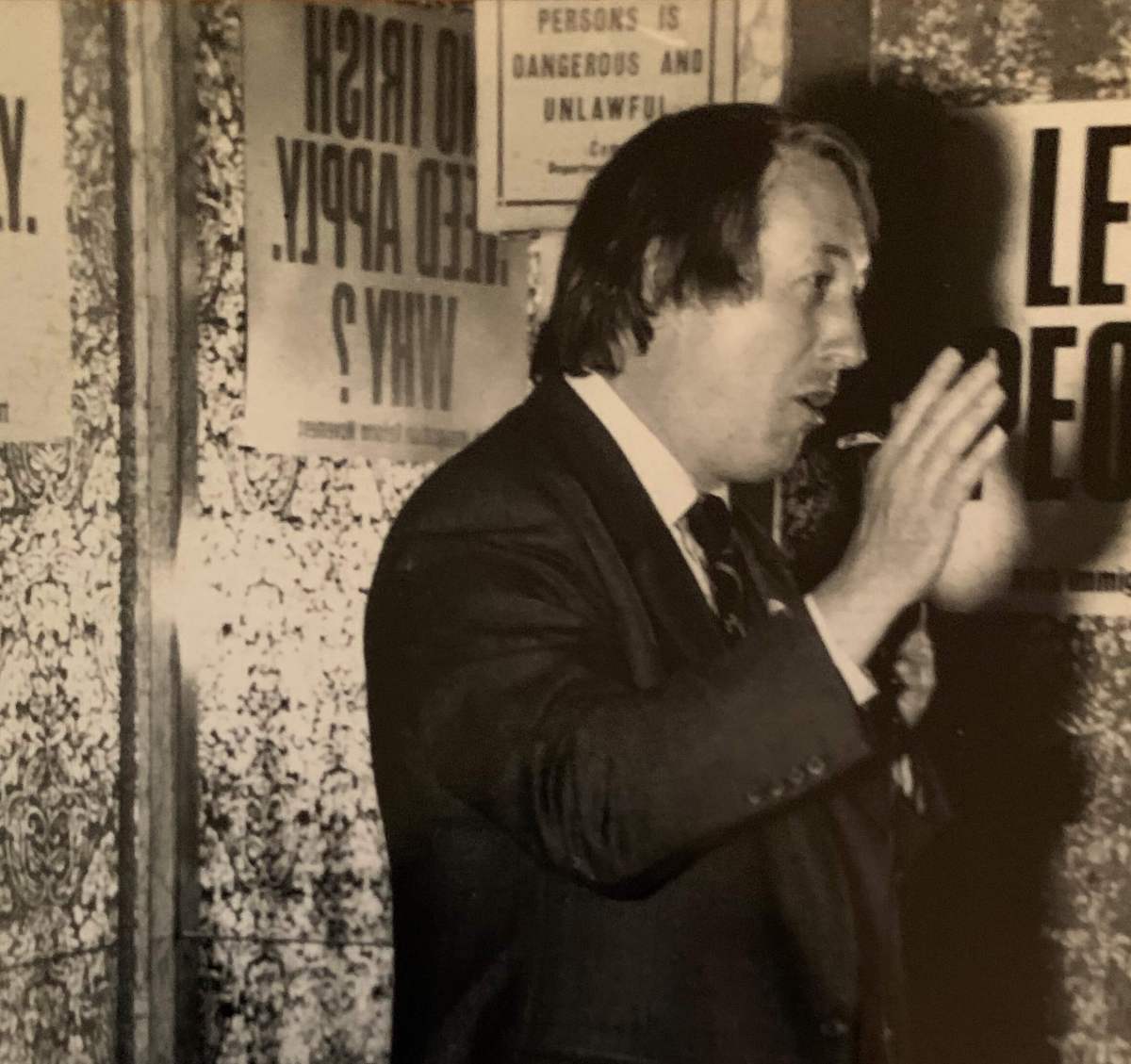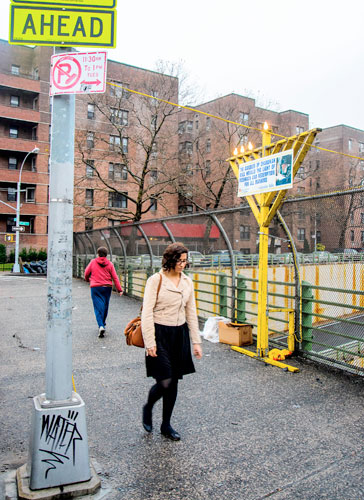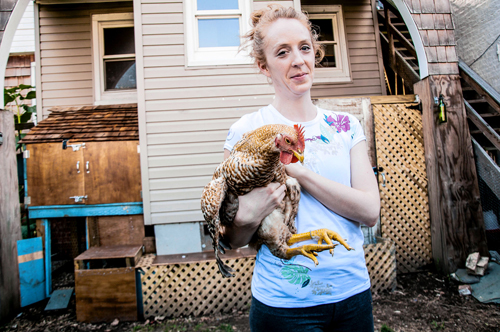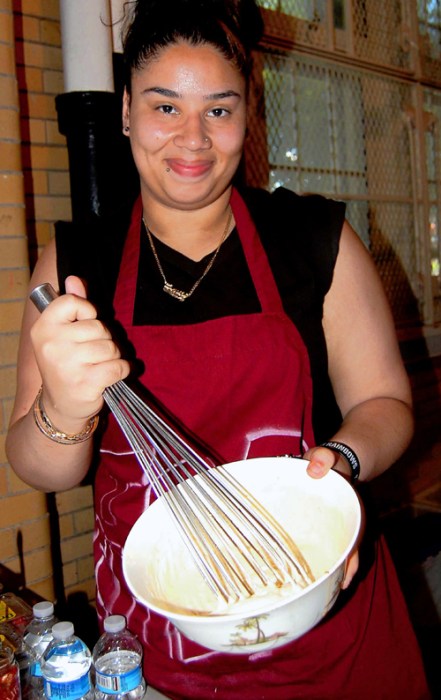Joseph Ferris, who served in the Assembly from 1975 to 1984, died June 20 at 85-years-old from COVID-19, according to his son Joseph Ferris Jr.
Ferris represented a since-redrawn district that spanned Park Slope, Windsor Terrace, Kensington, Sunset Park, and Borough Park, where he garnered a reputation as a fierce advocate against racist policies like redlining — where the borough’s non-white communities were systematically denied equal treatment from the government and private sector.
“Joe had absolute political integrity,” said John Carroll, a former president of the Central Brooklyn Independent Democrats. “His word was good.”
Ferris first became interested in local politics while working with Against Investment Discrimination — a group that fought redlining policies in the city — at a time when the swath of historic brownstones from Fourth Avenue to Prospect Park were deemed unworthy of investment by large banks.
Motivated by grassroots energy, Ferris and a group of civic-minded central Brooklynites founded a political club known then as the Slope Independent Democrats, which later rebranded as the Central Brooklyn Independent Democrats.
Ferris also played key roles in other organizations like the Park Slope Civic Council, the Kensington Community Council, and the Magnolia Tree Institute, a Bedford-Stuyvesant non-profit that plants hundreds of trees throughout the borough.
After an unsuccessful campaign for Congress, and two failed bids for the Assembly, Ferris narrowly defeated Republican incumbent Assemblyman Vincent Riccio for his seat in 1974. Riccio would go on to challenge Ferris a number of times after his defeat, as would the Brooklyn Democratic Party, which helped orchestrate primary campaigns against Ferris — who won no friends among the party’s power brokers with his intense independent streak.
“He was a true independent. He was battling with the organization constantly, so they wanted him out,” said Carroll, the father of Ferris’s present-day successor Assemblyman Robert Carroll. “They never got him out.”
Prior to being elected, Ferris had been the Brooklyn head of Norman Mailer’s mayoral campaign in the late 1960’s, and had supported various other progressive candidates around the city.
“The night that Joe was elected to the assembly in 1974, the two happiest people in the old Irish bar where we all went to to celebrate were Jimmy Breslin and Norman Mailer,” Carroll said.
During his time in office, Ferris was chairman of the Science and Technology Committee, where he was one of the first proponents of what is now known as co-generation — projects that use renewable energy to generate power — and community reform — the concept that decisions that would have an effect on communities should be made on the local level. He also fought to preserve the city’s eroding manufacturing job base in neighborhoods like what is now known as Dumbo.
Ferris did not seek reelection after five terms, due in part to a belief that politicians should not hold office for too long, and a growing exhaustion with the never-ending election cycle due to challenges from both the Democratic and Republican machines, according to Carroll.
Ferris stayed active in Brooklyn after leaving office, working as a substitute teacher, penning a Brooklyn Paper column, running twice unsuccessfully for Borough President, and continuing to advocate for causes around the neighborhood and city — including the implementation of term limits on City Council members and the preservation of what is now known as the Old Stone House in Washington Park.
While in office, Ferris had been a part of efforts to stabilize the then-decrepit historic site during the country’s bicentennial that were ultimately unsuccessful due to issues with a contractor. Years later, out of office, he worked with a group that formed the First Battle Revival Alliance, an organization that would, after becoming an independent non-profit in 1991 with a licensing agreement from the Parks Department, eventually become the Old Stone House.

Ferris worked in the background early on in these efforts, to prevent any of the frictions that arose during his independent political career from getting in the way of the Old Stone House’s growth, according to his son. He later became an active board member of the House and became involved with the Irish American Parade Committee’s efforts to memorialize the Battle of Brooklyn on a larger scale in the borough — all the while he assisted in petitioning for candidates he supported and testified on local issues at community board meetings.
Ferris is predeceased by his wife Joan Ferris, who he married in 1984. He is survived by his two sons, Joseph and Thomas Ferris, three siblings, and one granddaughter.
A funeral mass will be held at St. Francis Xavier in Park Slope on August 15 at 11 am. In lieu of flowers, donations can be made in Ferris’s memory to the Old Stone House online or at P.O. Box 150613, Brooklyn, NY 11215.























